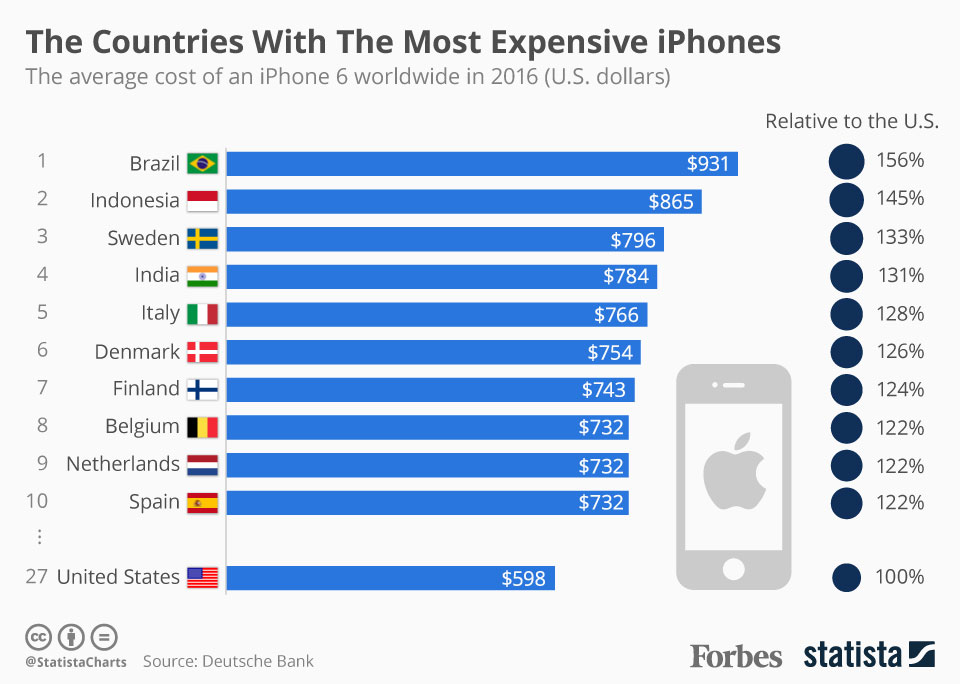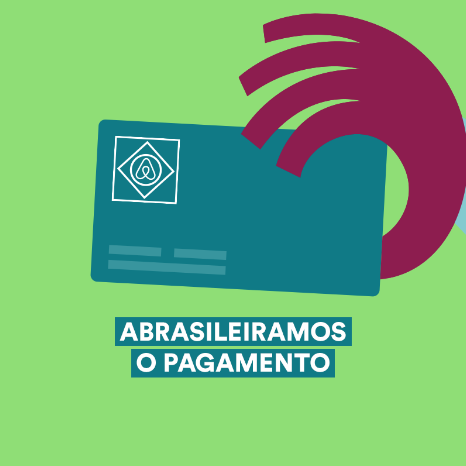Brazil, despite recent political and economic turmoil, remains a highly desirable market with tremendous opportunity, especially in the digital industry. We interviewed Mathieu Le Roux, a French entrepreneur who has been living in Brazil for more than four years. In 2012, he launched Deezer, the French music streaming website, in Brazil. He is now bringing the web development bootcamp, Le Wagon, to São Paulo, Rio de Janeiro and Belo Horizonte. Here are five key lessons he shared that you can use for your company’s Brazilian expansion efforts.
In Brazil, Digital Companies Have Fewer Barriers
As Leroux points out, Brazil is an economic island. Every foreign company that has ever tried to do business in Brazil will tell you story after story about how hard it is to break through the protectionist shield the Brazil government has created over the years. But Le Roux points out that the digital industry is actually much simpler to break into than any other industry in Brazil, because that same protectionist shield has not yet fully caught up to protect the fast-paced, ever-growing digital industry.
Because of the lowered degree of protectionism in the digital space in Brazil, for the very first time, Brazil can embrace an industry as quickly and with the same standards as everyone else in the world. Brazilians as a result became very excited about digital technologies, and grew to be quite demanding digital consumers.
To give an example, because of various taxes, Brazil has the most expensive iPhone in the world. Brazilians also have to wait at least six months to get America’s latest release.

But with more than 3.4 billion people connected to the internet, any digital release or the top-trending website can make it to Brazil in just seconds. Pokemon Go’s recent worldwide success arrived in Brazil pretty quickly. Not only internet users but also politicians, such as the mayor of Rio, began urging Nintendo to prioritize a local release. Their numbers since then are impressive in Brazil.
Market Adoption Happens Quickly
The Brazilian appetite for the digital world keeps on breaking records and is fueled by an early-adopter spirit. If your digital company reaches Brazil correctly, you can obtain viral adoption fairly easily.
Digital behaviors reflect human behaviors, so when you launch a digital product in Brazil, you will usually see Brazilian behaviors appear online. Not only is Brazil ranked second in term of Facebook users, but Brazilians are the most engaged Facebook users of all. They are extremely verbal and post 4 to 5 times more than Facebook users in the US. Therefore, when you launch a foreign product in Brazil, you’ll know very quickly if you have product-market fit due to the market’s extra-speedy adoption.
As a Think with Google article puts it, “Brazilians have an affinity for digital and social media like few other countries in the world. There are more cell phones here than people. It’s the world’s fifth-biggest online market.”
Tropicalize Your Product for Success
The key to success in Brazil is to “tropicalize” your product, which basically means to localize your product in order to make it look and feel as Brazilian as possible. As Mathieu explains, at Deezer Brazil, 70% of the music listened to on the platform was local Brazilian music. If Deezer had stuck to their label’s international music portfolio, they would have never seen success in Brazil.
In order to make their product as Brazilian as possible, the very first local hire was a Brazilian curator, whose role was to pick the right music and feature the right local artists. Luckily, Brazilians are quite accustomed to navigating European and North American websites and apps, meaning that you shouldn’t have to adapt your product too severely on the UI side of things for Brazil.
Think “mobile-only” and adapt to local connectivity
Brazilians are not mobile-first users. For the most part, they are mobile-only users. As Mathieu Le Roux explains, “At Deezer, we were really focused on the desktop experience and would think of our funnel as based on desktop signup, with the mobile app download as an accessory. In Brazil, we soon realized that it wasn’t the common behavior and that most of our users didn’t even know that we had a web-based service.”
As a result, Deezer quickly changed strategy and started focusing on their mobile-only experience. They already had an offline payment plan, but they soon had to adapt to local connectivity issues too. In Brazil, most people have prepaid cell phones and not a lot of data, and the Deezer app wasn’t adapted to this reality. They soon developed a smart cache technology that would work as a buffer memory and reduce data consumption.
When you think about your mobile deployment, keep in mind that the traditional American or European thinking, that in six months the issues that you are dealing with now will be solved by the market, doesn’t apply in Brazil. In the US or in Europe, it’s easy to have a very high concentration of technologic hubs, with connections highly concentrated in small regions, so that the technology gap can be easily reduced. Brazil, with its enormous size and huge economic differences, presents a much bigger challenge to reduce the connectivity gap. Even though the 3G instability is offset by a very good network of open Wifi, don’t rely on the improvement of the tech industry to solve your users’ connectivity issues.
Embrace local payments early on
Even though the digital industry is much easier to penetrate than most traditional industries in Brazil, you’ll still need to comply with local realities. This includes one pain point you should try to solve as soon as possible: local payment methods.
In Brazil, credit card penetration is very low (37% of all transactions) and the numbers get even lower when you need to pay in a foreign currency, as not only does this require an international credit card, but people need to enable their credit card every time they want to pay in a foreign currency.
Local payment methods include boleto bancario (an invoice that you can handily pay in cash at many local banks, lotto houses, and convenience stores), debit cards, and national credit cards.
The ability to accept local payments is so important in Brazil than when Airbnb eventually accepted them, they even promoted it via ads that said, “We’ve Brazilianized our payments.”

Accepting local payment methods implies a much bigger investment. Typically, you need to create a local legal entity, comply with the local, highly complex tax system, and so on. It is an investment worth making if your strategy in Brazil is a long-term one (which it should be), but especially if you ever want to deal with local partners, who will expect you to be as Brazilian as possible.
Brazil is a young country with a dynamic and curious population eager to consume digital products and services, perhaps even more than your potential customers in other parts of the world. At the same time, it is a complex country, very different from the rest of Latin America and indeed the rest of the world. As such, when you go after the immense market opportunity that exists in Brazil, don’t overlook the importance of “tropicalizing” your product, and indeed your go-to-market strategy in order to adapt to this unique reality.


